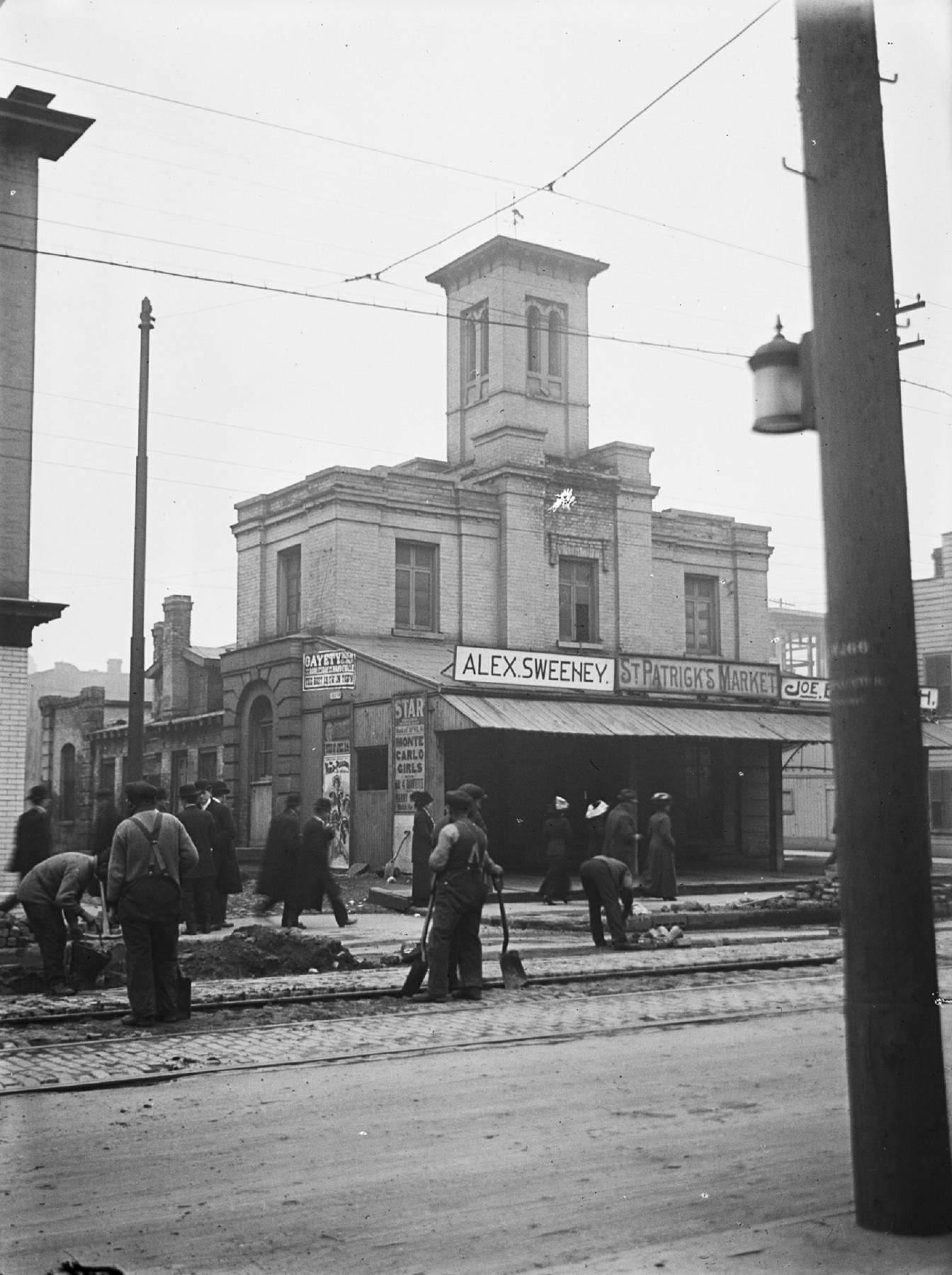City Food
Resiliency in a Global City
In this era of urbanization, culinary infrastructure – a theoretical framework that brings together ecological, social, and economic perspectives to help understand the way cities sustain themselves – has become especially fragile. Toronto and other cities are dependent on complex global transportation and communication networks that are highly energy reliant and favour large-scale commodity chains and private enterprises like supermarkets. Rather than emphasizing long-term storage of food (as was done historically to guard against the onset of food emergencies), today’s urban culinary infrastructure reflects the demands of “just in time” logistics. In the context of climate change, urban food provisioning is vulnerable to failure, especially in the face of extreme events, such as COVID-19. This work, emphasizing how local communities develop creative solutions to stresses and failures within culinary infrastructure, enhances the capacity of cities to restore modes of food provisioning during crises and in the face of chronic food system stress.
